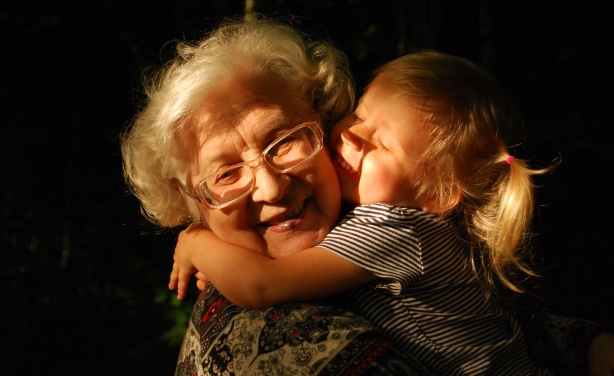What career path has led you to your current tole?
I have worked in medical oncology/palliative care for about nine years, starting at Chris O’Brien Lifehouse in Sydney. When I relocated to Hobart in 2023, I applied for the role at Hobart Icon Centre in the chemotherapy day unit because I wanted to continue in the field of medical oncology nursing.
What is your motivation for doing medical research?
I have been inspired by Associate Professor Louise Nott (Hobart medical oncologist) who has been involved in current research on the use of compression therapy in treating paclitaxel-induced peripheral neuropathy. These recent studies have shown a reduction in reports of peripheral neuropathy (painful nerve damage) for patients using compression therapy to the hands and the feet whilst receiving paclitaxel.
That has led us to explore if this same intervention could be applied to patients receiving chemotherapy Oxaliplatin, given it has similar painful side effects.
What do you hope to achieve through the clinical trial Icon Cancer Foundation has funded?
Associate Professor Louise Nott and I are investigating if the use of compression therapy to both hands and feet during Oxaliplatin treatment prevents and/or reduces peripheral neuropathy.
There is limited research on preventative interventions related to the neurotoxic effects for patient’s treated with this type of chemotherapy (Oxaliplatin). It is also one of the standard chemotherapies used to treat gastrointestinal malignancies based on evidence related to overall survival and disease progression.
However, peripheral neuropathy is one of the most common side effects related to the drug that can cause prolonged and/or life-long effects on a patient’s physical and emotional well-being. It can also lead to early termination of treatment and dose reductions.
Establishing a cost-effective, minimally invasive way to prevent this side effect would significantly enhance the quality of life for patients undergoing this type of chemotherapy
How important is medical research to improving cancer treatments?
Medical research is crucial for patient care as it deepens our understanding of diseases and health conditions. It enhances awareness and knowledge, leading to improved quality of life and the discovery of life-saving interventions for patients.
Learn more about Georgina’s research


